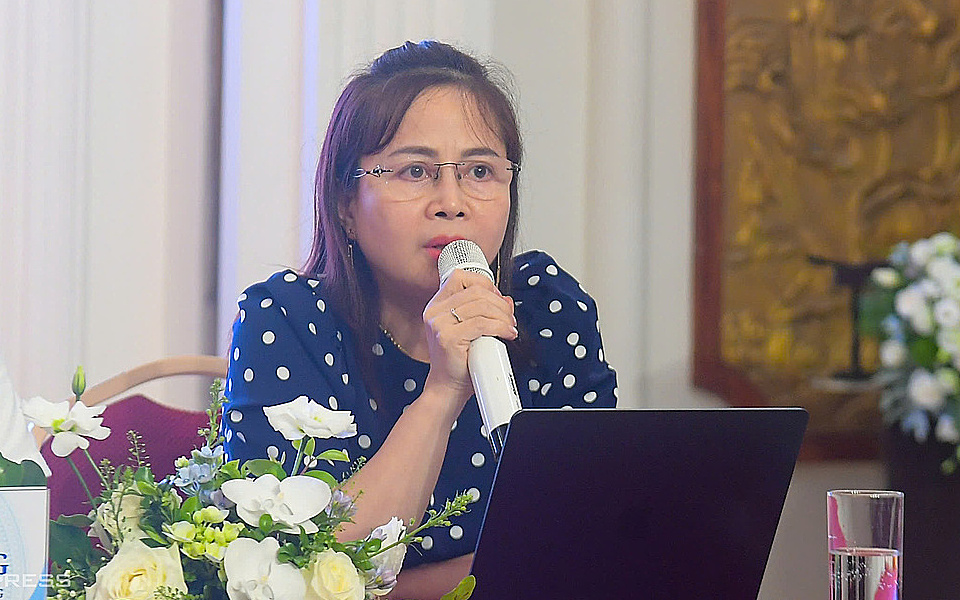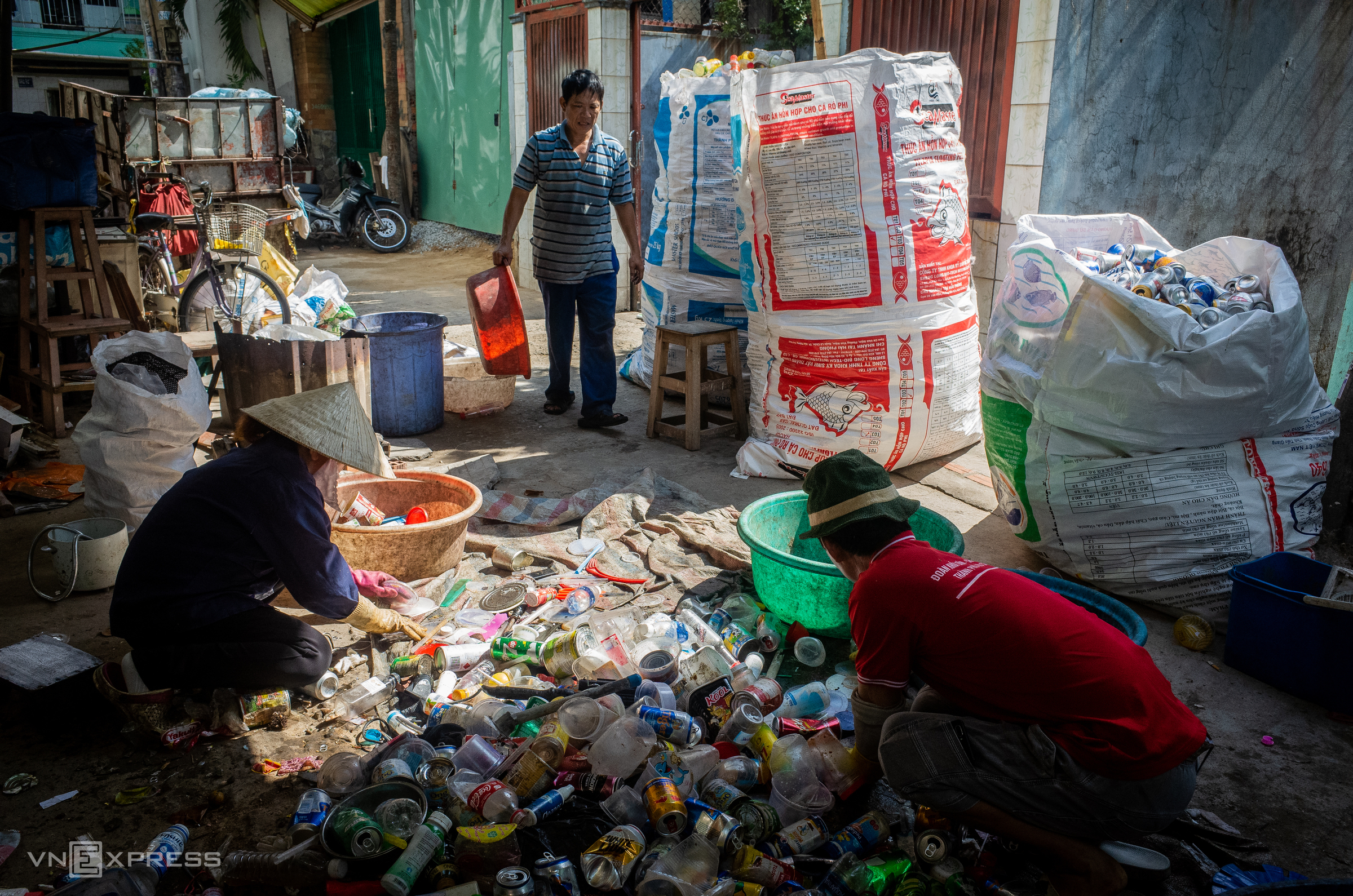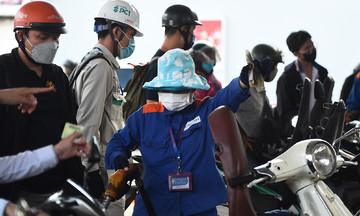As of 30/6 (before the provincial merger), 34 out of 63 localities implemented pilot waste sorting programs. Specifically, in the north, these included Ha Noi, Bac Giang, Hai Phong, Hai Duong, Hung Yen, Ha Nam, Nam Dinh, Cao Bang, Lao Cai, Yen Bai, Thai Nguyen, Lai Chau, and Son La. In central Vietnam, the program was implemented in Nghe An, Ha Tinh, Hue, Da Nang, Quang Nam, Khanh Hoa, Binh Dinh, Phu Yen, and Lam Dong. Southern localities included Long An, Dong Nai, Ben Tre, Dong Thap, An Giang, Kien Giang, Soc Trang, Ca Mau, Bac Lieu, Binh Duong, and TP HCM.
 |
Waste collection in Con Dao. Photo: Gia Chinh |
Only 5 provinces and cities have issued pricing for solid waste collection, transportation, and treatment services. 4 provinces and cities have established economic and technical norms for these services.
At a workshop on solid waste management organized by the Ministry of Agriculture and Rural Development on the afternoon of 3/7, Nguyen Huu Tien, Chairman of the Members' Council of Hanoi Urban Environment Company Limited (Urenco), raised the question of why waste sorting policies haven't been effectively implemented. "Is it because people aren't sorting their waste, or is it due to a lack of attention from authorities, or are the sorting techniques too difficult?", he asked.
The policy on waste sorting at source was issued three years ago, and the deadline for implementing it has passed by six months.
The Urenco leader also asked which administrative level would be responsible for waste management under the new two-tiered system, as some areas have assigned it to the provincial level while others have given it to the communal level. Tien suggested that management should be unified at the provincial level to avoid fragmentation.
"Each province has around 100 communes. How can we provide services for each commune individually? Just the paperwork alone would require 100 contracts with 100 communes, and inter-communal collection would be ineffective", Tien wondered.
 |
Duong Thi Thanh Xuyen responds at the workshop. Photo: Gia Chinh |
Addressing the reasons for the inconsistent implementation of waste sorting policies, Duong Thi Thanh Xuyen from the Department of Environment explained that localities are struggling with applying pricing for collection, transportation, and treatment of sorted solid waste. Some local norms and prices are inappropriate. Furthermore, she noted that many localities lack the infrastructure for post-sorting treatment, especially for food waste.
She also mentioned that recently, many localities have focused on provincial mergers, transitioning from a three-tiered to a two-tiered administrative system, thus diverting resources away from waste sorting implementation.
"Regulations for waste collection and sorting, such as economic and technical norms or service price lists, had to wait until after the provincial mergers. If issued earlier, they wouldn't have been implementable", Xuyen added.
 |
People in TP HCM sorting waste. Photo: Thanh Nguyen |
Sharing this view, Ho Kien Trung, Deputy Director of the Department of Environment, expressed concern about solid waste sorting amidst the administrative mergers and transitions. He stated that the central environmental agency will continue to gather feedback and address emerging issues from local management to find solutions.
"One crucial aspect requiring attention, promotion, and continuous implementation to prevent waste buildup and environmental pollution, thereby impacting people's lives, is solid waste management in provinces and cities", Trung affirmed.
According to the 2020 Law on Environmental Protection, localities must implement waste sorting at source by 31/12/2024. Vietnam generates over 6,700 tons of solid waste daily, processed at 1,548 facilities. Landfilling remains the primary method, used at 1,178 facilities, with over 687 unsanitary facilities, 330 non-power-generating incineration facilities, and 30 composting facilities.
Gia Chinh












